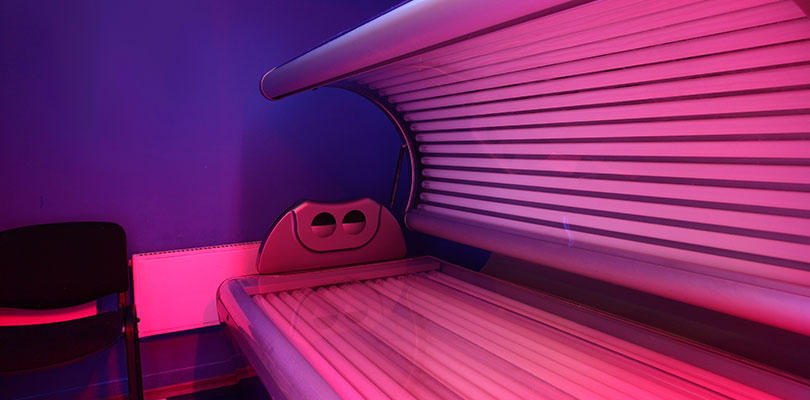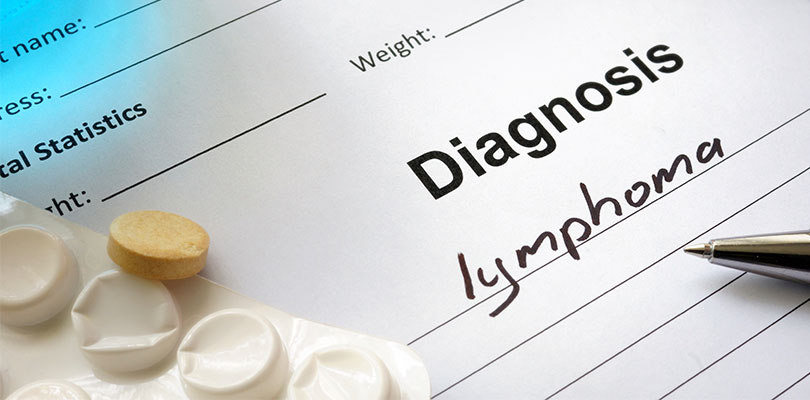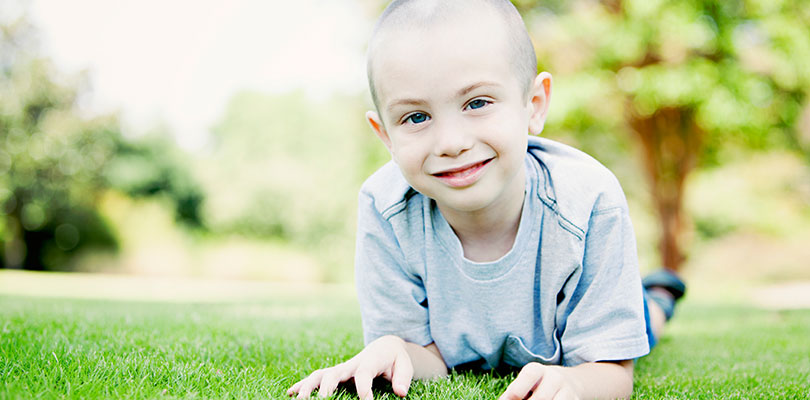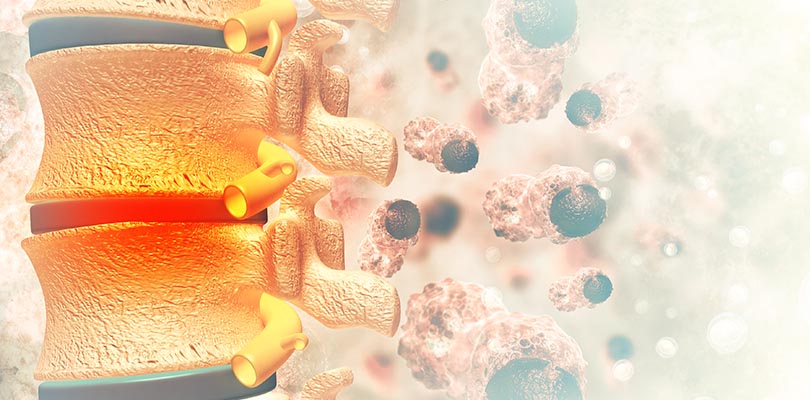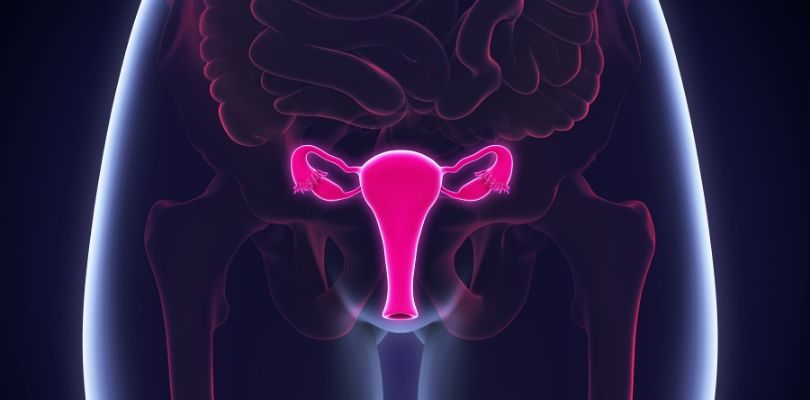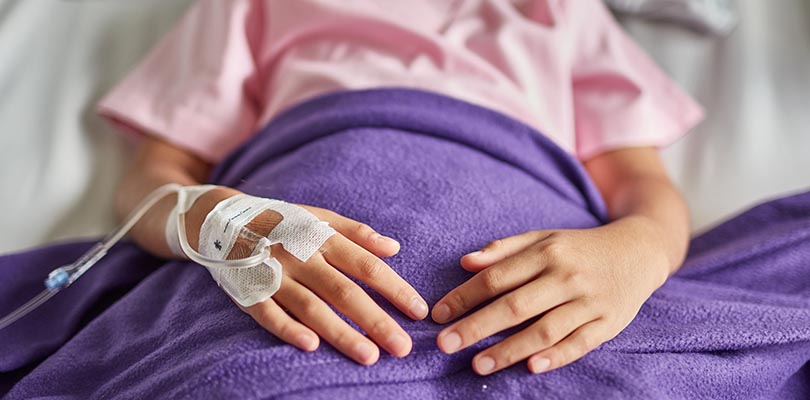Photo Credit: Wavebreakmedia / iStockPhoto.com
Cancer: What It Is, What Causes It, and What You Can Do About It
Cancer is a genetic disease; this doesn’t mean it is inherited, it means cancer develops as a result of problems with the genes. Some people are more prone to developing certain types of cancers due to their family history, however most malignancies due to inherited traits are uncommon. While cancer is in some ways a mystery, its actual development follows a series of steps.
You do have control over many factors that lower or increase the likelihood of developing cancer, as well as speeding up or slowing down its growth.
What Is Cancer?
Cancer is a group of abnormal cells that look and act very differently than normal cells. Cancer cells are misshapen and divide differently than healthy cells. They may grow in one location and cause a tumor or they may be present in the bloodstream or lymphatic fluid.
Tumors may be cancerous or non-cancerous. A non-cancerous tumor, referred to as a benign tumor, is made up of an accumulation of normal cells, whereas a cancerous tumor is comprised of abnormal ones.
What Is Metastatic Cancer?
When cancer cells spread from their original site, the cancer is said to be metastatic. The cancer cells may spread locally into tissues next to the original site, or they may travel to organs or other tissues far from where the cancer was first identified.
When a cancer metastasizes into other tissues it is still classified by the type of cancer it originally was. For example, if cancer begins in the pancreas and spreads to the liver, it is still pancreatic cancer, not liver cancer because of the type of cells which metastasized.
This is an important distinction as treatment and outcomes are vastly different depending upon the primary type of cancer.
Sometimes, the primary site of the cancer is not identified. This can make treatment more challenging.
Cancer Is Many Different Diseases
A person can have more than one type of cancer in a lifetime or simultaneously. For example, a woman may have cancer in both breasts. Sometimes this is the result of metastatic disease, while other times they are two entirely different cancers in each breast.
Every cancer and every individual is different. Cancer is a large group of illnesses, not just one disease — this is why finding a cure is so difficult.
It also partially explains the wide array of outcomes people with cancer face. If two people have cancer by the same name, they may still be totally different cancers.
For example, in the case of breast cancer, some tumors “feed” off of estrogen, while others do not. Among the ones that are receptive or feed off of the hormone, they do so to different degrees.
There are many variables with all kinds of cancer, and they impact treatment choices and prognoses.
What Causes Cancer?
Cancer is the result of changes within the genetic make-up of cells. Normal healthy cells develop, reproduce, carry out their functions and die at a regular pace. Cancer cells do not.
Here are some ways to prevent melanoma, and what you can do to make sure any skin problems don’t grow into life-threatening situations.
The cancer arises as a result of impaired function during many stages of the life of a cell. These changes are a result of internal and external mechanisms.
Cancer treatments are designed to interrupt abnormal cell growth at different stages of the life of the cell. For example, a hormone inhibitor might be used to cut off the “food supply” of cancer cells, while a chemotherapy drug may inhibit the cells’ abilities to divide.
Cancer Cells Grow and Divide Abnormally
Cancerous cells do not differentiate. For example, stomach lining cells normally produce more stomach lining cells. If a genetic error occurs, the stomach cell fails to make a new stomach cell — the new cell is considered to be undifferentiated and is unable to carry out the functions of a normal stomach cell.
The nucleus of the cancerous cell is abnormal in appearance. Where a normal cell might divide and create a new normal cell, a cancerous cell divides and may create two or more abnormal cells which go on to create additional abnormal cells that rapidly accumulate.
It is not, as often believed, that cancer cells divide faster than normal cells. The cancer develops because partly because the cells produce too many offspring. With each generation of excess cells, the resulting cancerous growth increases further.
With so many healthy cells in the body reproducing themselves every second of the day, there are bound to be occasional “mistakes.” Normally these abnormal cells simply die on their own or other cells and chemicals within the body destroy them.
Cancerous cells don’t just die, and they are resistant to being destroyed by the normal body processes which protect against abnormal growth.
Cancer Cells Resist Death
Healthy cells usually go about their business and live out their lifespan, which varies greatly in length depending upon the type of cell that they are. When it is time, the old cells die and are replaced by healthy new cells. This is an ongoing process throughout the entire body.
Cancer cells have lost their preprogrammed ability to die at the proper time. Instead, they just keep on reproducing unhealthy cancer cells which form cancerous tissues. As result, the body’s energy is lost.
Organs can’t function properly, particularly if their healthy cells have been replaced by cancerous tissues. The immune system works overtime and becomes exhausted. If cancer goes on unchecked, the entire body fails, complications arise, and death may ensue.
What You Can Do to Keep Your Cells Healthy
Experts believe more than one factor must usually be present for cancerous cells to arise and survive.
Damage may occur to the DNA in a cell if physical or emotional stressors are present. Changes in the DNA of genes results in the formation of abnormal cells. Some of the changes are likely not controllable, however most are.
Here are important actions which you need to take in order to prevent cancer and its spread:
- If you have a genetic predisposition towards a particular kind of cancer, ask your health care provider about genetic testing.
- Eat a simple diet that is primarily organic.
- Avoid or use alcohol in moderation.
- Don’t smoke, and avoid secondhand smoke.
- Get plenty of exercise.
- Learn about toxins you may be exposed to in your work environment.
- Learn as much as you can about medications you may be taking.
- Reduce stress in your life.
Begin to take small steps today to provide you with a higher quality of life and lower your risk of cancer development. There are choices which you can make right now, whether your goal is to prevent cancer or limit its impact on your life. You will not only optimize your chances for living well, you will feel better and enjoy life more.

